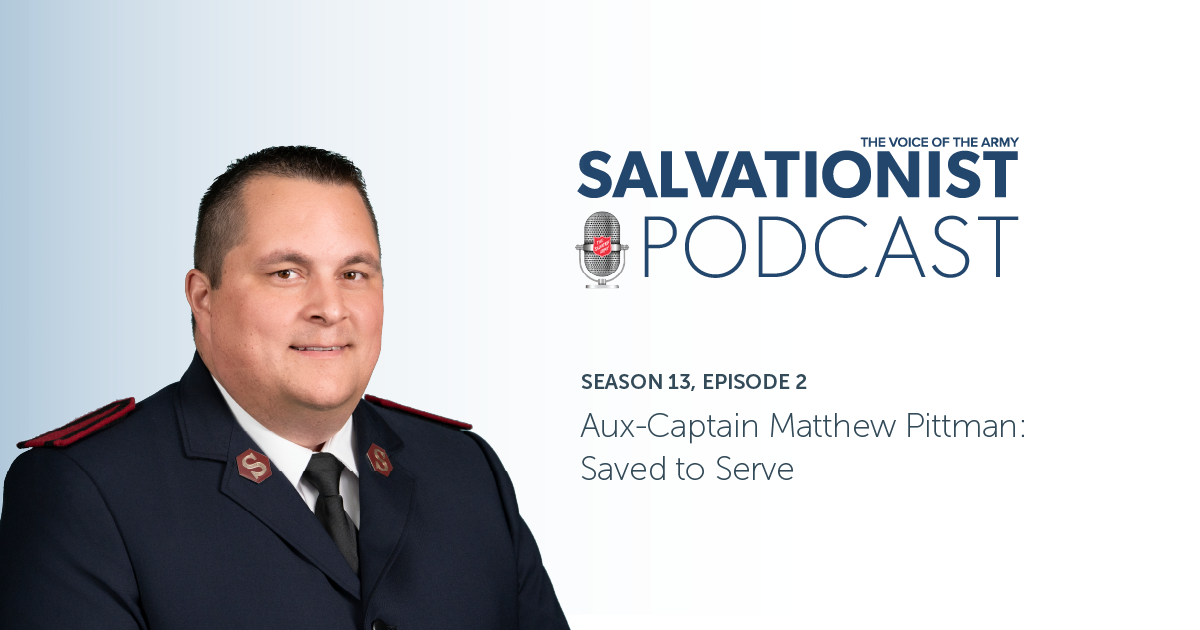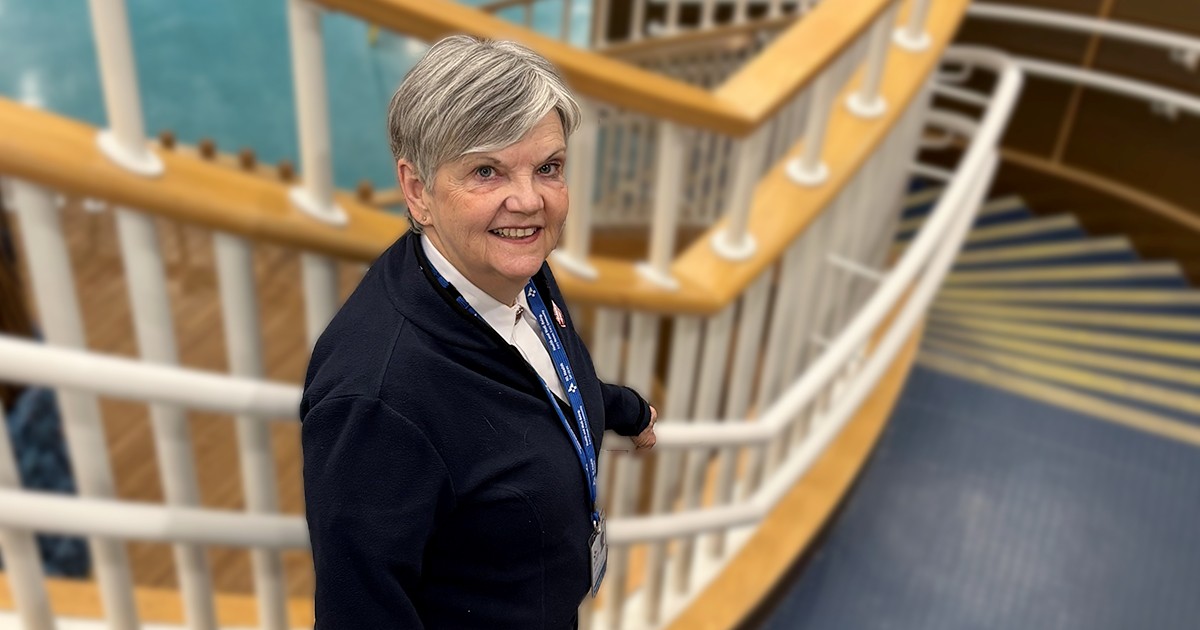 Dear Jim,
Dear Jim,
From kindergarten through Grade 12, I had the opportunity to attend Christian schools. We memorized Bible verses and read out of science books that regarded the creation story as accurate. I vividly remember putting my head on my desk every day after lunch as my Grade Five teacher read our daily excerpt from Corrie ten Boom's book, The Hiding Place. When I entered high school, I argued points of doctrine with classmates and even teachers, and I attended weekly chapels where I was fully immersed in Christian culture by visiting speakers and singers from local Christian colleges.
Then I attended college. I walked around for an entire month with my jaw on the ground. On my first day at U.C.L.A., I went to marching band practice. I immediately struck up a friendship with a saxophone player and soon learned he lived with his girlfriend in an off-campus apartment. I couldn't believe it! For the first time in my life, I encountered people who were openly gay, people who were atheists and kids who drank themselves into a stupor on weekends. The thing I couldn't get over was that no one stopped any of this. Everyone was OK with it and no one needed anyone's permission.
Encountering rampant sin emboldened me to share my faith. I quickly became the go-to girl in the music department if you had a religious question. Even professors began to seek me out in matters of faith. The Christian schools had given me a strong foundation, so I wasn't afraid to share. I felt prepared for the world, I guess.
Initially, not having the luxury of sending my own kids to Christian school distressed me. But soon I began to see how wonderful it is for Christian kids to attend public school. My children, each of whom know the Lord, have shared their faith with many unchurched children. In fact, the Lord has used my sons to lead a few precious souls to Christ.
My Christian schools were intense cocoons. I had to make a genuine effort to meet people who didn't claim Christ as Saviour. It's different with my kids. They shine in dark places. Too often we Christians cloister and insulate ourselves, and then wonder why the world is going to Hell in a handbasket. Of course it is, if all of those who are filled with the light of Christ and the power of the Holy Spirit refuse to be part of this world.
When you consider the facts that character is developed at a young age and that most people who accept Christ do so before age 13, one of the most important things we can do is make sure that Christian kids are in public schools, shining like beacons. Why not allow our children to influence tomorrow's leaders today? In the battle for souls, which is the better strategy: concerning ourselves mostly with adult culture or infiltrating all the places where children are, permeating their lives with the light of Christ while they are still forming their worldviews?
Perhaps sending our kids to public school should be our first educational choice. Parents and churches must be vigilant, however. We have to be sure that our own children are rooted in Christ and that they are developing godly character. I know that one of the main arguments for sending a child to a Christian school or for home schooling is so that they can build a Christian worldview. But it seems to me that careful training in our home and church life can offer our kids what they need. When our children aren't saved or are susceptible to negative influences, then Christian schools or home schools may be important. But I think our goal should be to fill our public schools with kids and involved parents who can demonstrate Christ.
Amy
Dear Amy,
We've known each other for many years, but I didn't know about your schooling. I find it interesting that you advocate for Christian kids going to public schools even though you had a good experience in Christian schools. Life is paradoxical.
 My paradox goes in the other direction. I attended public school for every grade except one. After high school, I went to a public university in Toronto and then to U.C.L.A. But after teaching for three years in universities in the United States, I returned to Canada to teach at a Christian college. I've been a member of the William and Catherine Booth College faculty now for over 25 years.
My paradox goes in the other direction. I attended public school for every grade except one. After high school, I went to a public university in Toronto and then to U.C.L.A. But after teaching for three years in universities in the United States, I returned to Canada to teach at a Christian college. I've been a member of the William and Catherine Booth College faculty now for over 25 years.
The one year I spent in a Christian school was Grade 12. Our family had moved to Newfoundland and I ended up at Brother Rice, a Roman Catholic school in St. John's. I remember it as a good year. Each class began with a recitation of “Hail Mary,” and most of the teachers were called “Brother,” but I can't say the curriculum was different from what I would have experienced elsewhere. My chief regret as I look back is that I exempted myself from the religion course that was mandatory for everyone else. This was shortly after Vatican II, and the documents of that council were the subject of study. Maybe I wouldn't have appreciated what was being taught at the time, but I see now just how radical many of the changes in Catholic teaching were. I remember being struck by the delight in Brother Joseph's face when he told me that, because of Vatican II, he could regard me and other Protestants as fellow Christians.
Your support for Christians attending public schools is based on the idea that Christian kids will have a “salt and light” influence on others. I can't argue with that. But let me add two other considerations:
• Every child has a right to an education. God has entrusted us all with the responsibility to see to it that children's capacities are developed. This is a duty that falls on society at large and not just the parents, and so I strongly believe in funding quality education for all from the public purse. When Paul tells Christians they should pay their taxes (see Romans 13:6-7), I think he'd include public school taxes among them.
• I know from my own experience that teachers and students who are not Christians can have positive influences on Christian students. The non-Christian world is not pure darkness any more than the Christian world is pure light. If your child shows an aptitude for math, does it matter if the teacher is a Christian?
That being said, I ended up having a career teaching in a Christian college. On purpose. Not because I had no options. It has to do with the importance I attach to cultivating a Christian worldview. You used that term, too, Amy, and I'd be interested in knowing what you mean by it.
Jim
Dear Jim,
Christian worldview” is hard to define. For me, it means that followers of Christ need to view all things through the revelation that God has given us. We need to understand that humanity has a purpose and earthly history is headed toward a climax. As we interpret the news, engage in culture, relate to our communities and labour to expand the Kingdom, we should be ever cognizant of God's design and purposes. A Christian school is a great place to learn this, but the purpose is defeated if the students completely shut themselves off from the world.
The danger is that isolated Christians begin to see those outside of the Christian community as totally foreign. The urgency to share Christ can be swallowed up by a fear (or even disdain) of those who aren't like us or in our club. I'm not saying it has to be this way, but I've seen cases where groups of people who never relate to the “outside world” begin to see God as belonging to them, rather than themselves as belonging to God. The truth is that God is moving and working in the world, and wants us to join him there.
Some will be better prepared to face the world because of a Christian school experience. That is good, obviously. Others can receive adequate training at home and church and be a light in the world even as they are developing.
Amy
Dear Amy,
I like your idea of a Christian worldview. I especially resonate with the way in which you see it as open to interaction with other people and the discovery of new truths. Sadly, there are those who equate a Christian perspective with a close-minded ideology. But they've got it all wrong. As you say, key elements of a Christian worldview are that God is moving among us and there's an undiscovered future toward which he calls us.
My father sometimes said that our knowledge is like an island surrounded by a sea of ignorance; the greater our knowledge, the larger the shoreline of what we have yet to learn. It occurs to me that this applies to the subject we're discussing. The more we learn about schooling options, the more we appreciate the complexity of the decision. To me, the realization that God's creation is big enough for each generation to discover something new is an exciting part of a Christian worldview.
The other part that stands out for me is what you say about God having a loving purpose for humanity. I can't think of any greater gift children can receive than a bedrock assurance that they are loved from eternity and that their lives are significant. From what I hear and read about schools today, not all students know that. Let's pray that they will and work to support schooling experiences that will achieve that goal.
Jim

 In this Talking It Over series, Dr. James Read, Executive Director of The Salvation Army Ethics Centre in Winnipeg, and Captain Amy Reardon, Editor of Young Salvationist, U.S.A. National Headquarters, dialogue about moral and ethical issues. Click here to read more debates in the Talking It Over series.
In this Talking It Over series, Dr. James Read, Executive Director of The Salvation Army Ethics Centre in Winnipeg, and Captain Amy Reardon, Editor of Young Salvationist, U.S.A. National Headquarters, dialogue about moral and ethical issues. Click here to read more debates in the Talking It Over series.









My children are in Christian schools. They aren't sheltered, they aren't isolated. But they are able to consider all things while establishing the solid grounding of a Christian perspective. Confident in their well-thought-out worldview will help them effectively engage this world no matter where they end up!